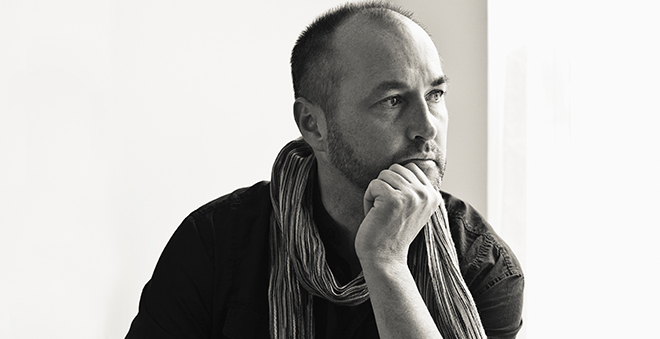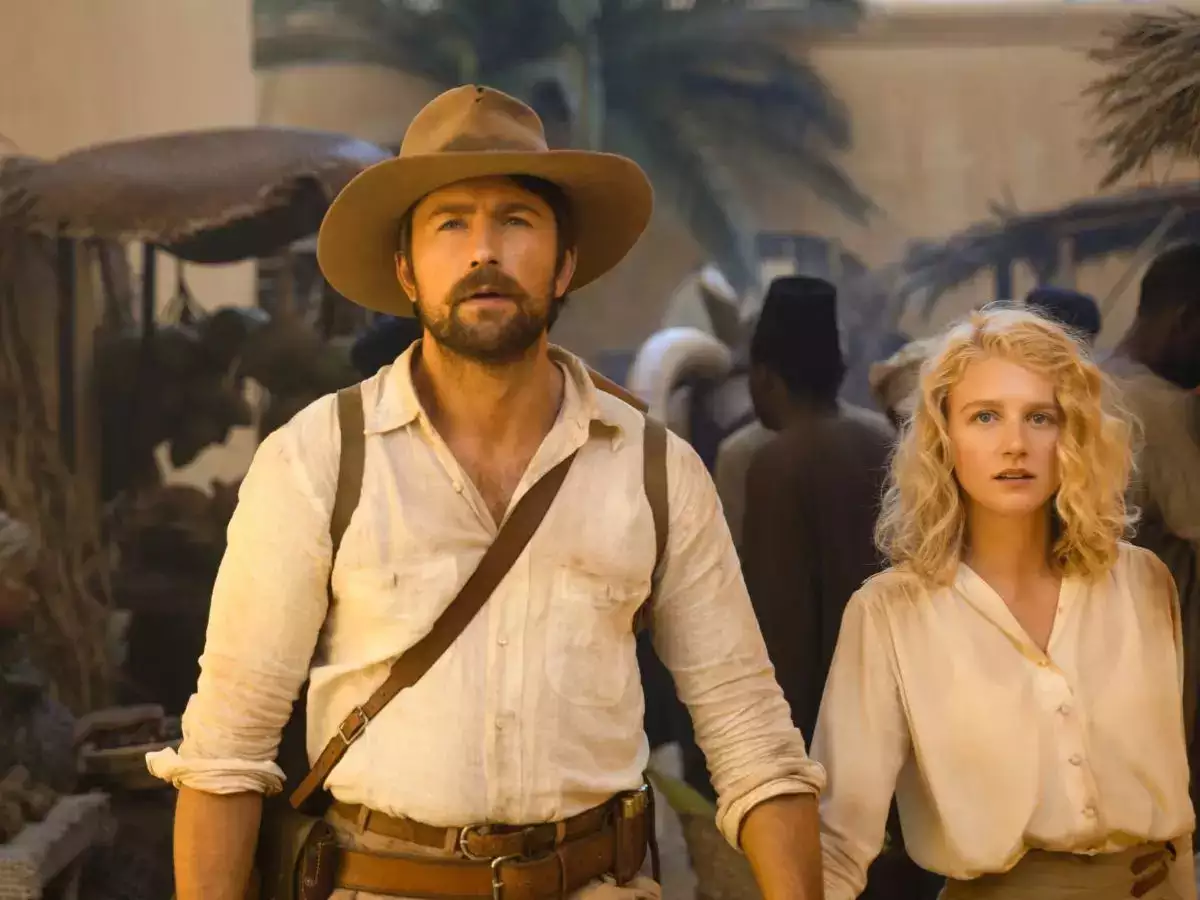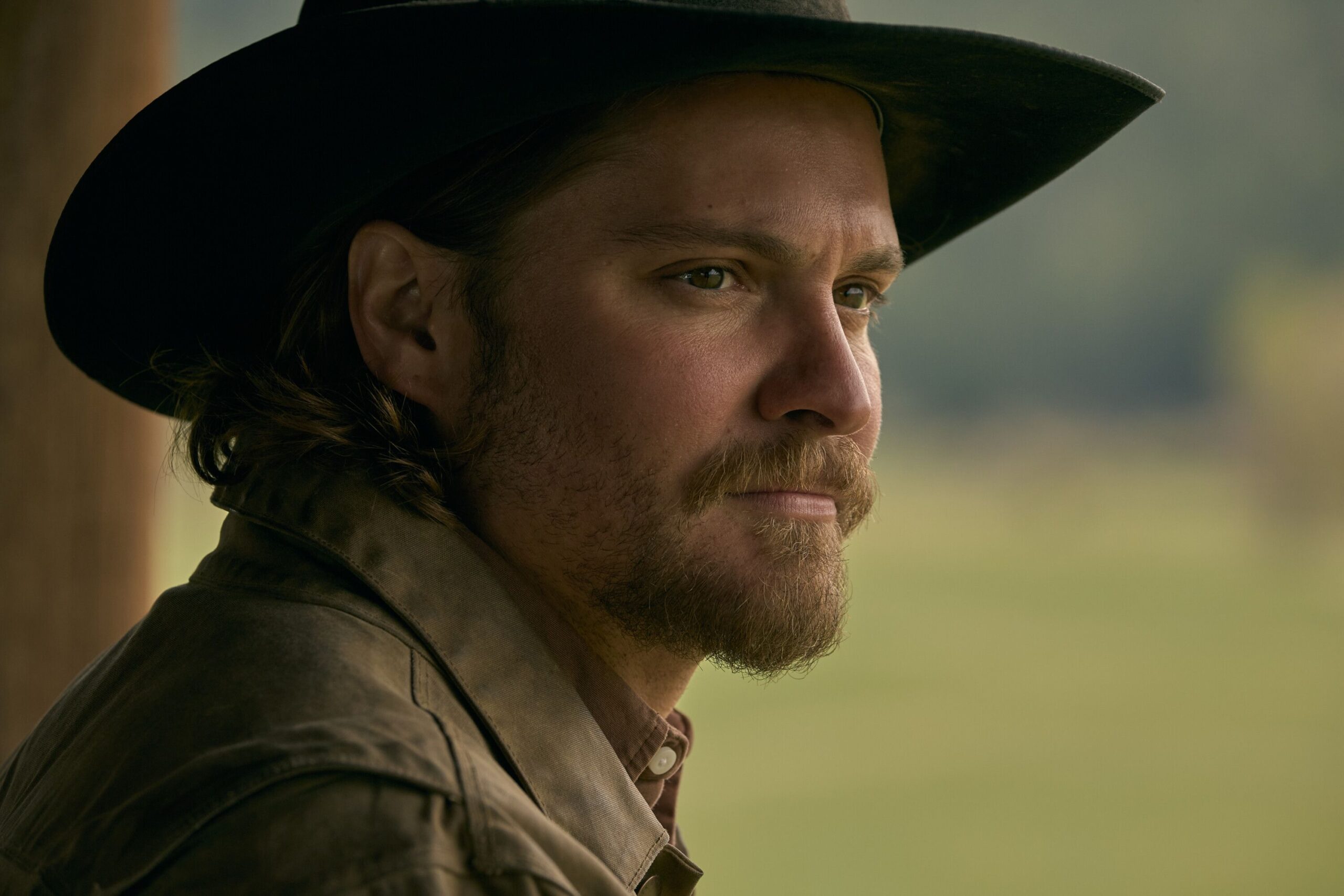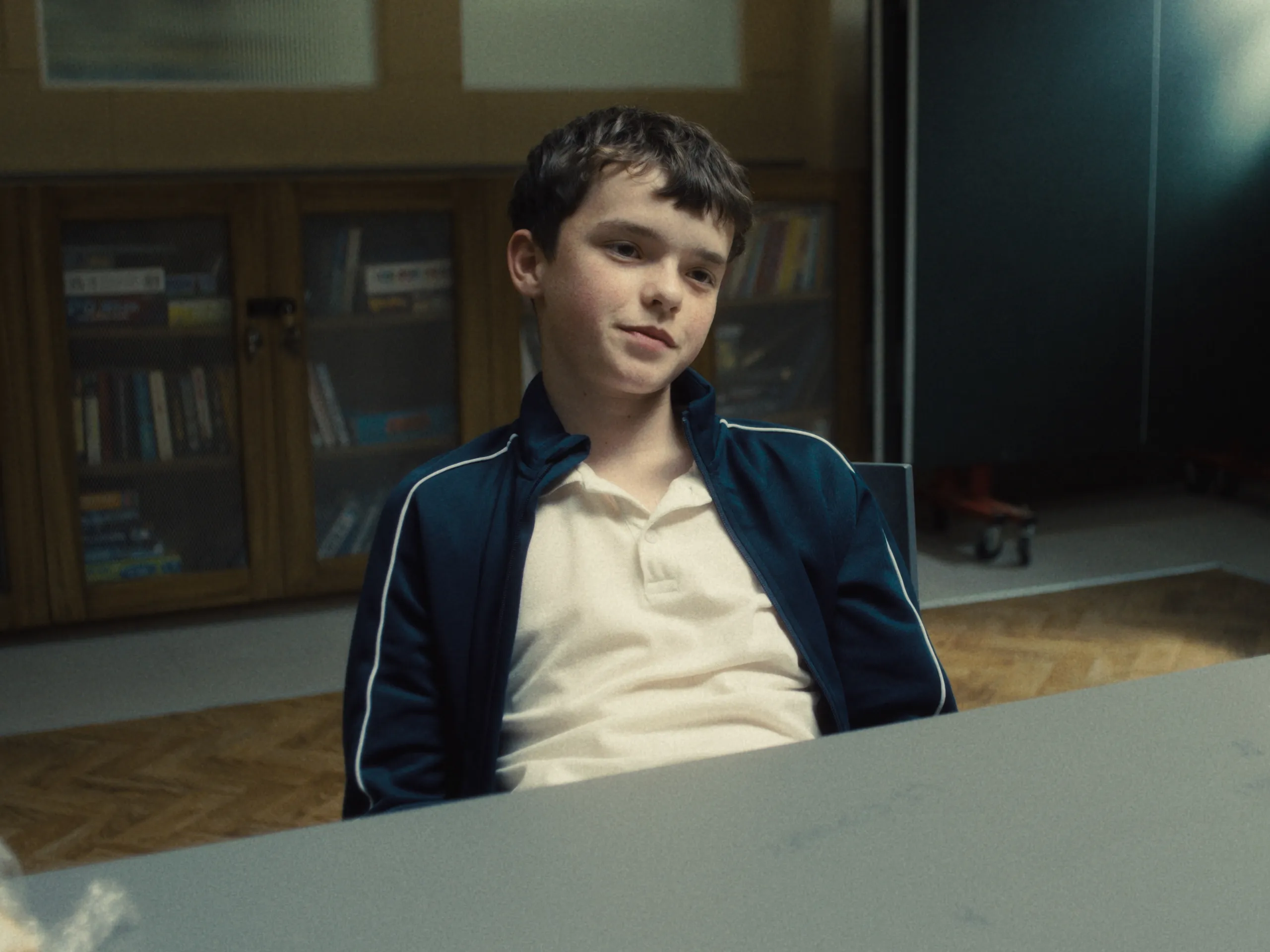Classic Films to Expand Your Cinematic Horizons
The realm of classic cinema offers a rich tapestry woven from the narratives, aesthetics, and ideologies that shaped our modern cultural landscapes. Often relegated to dusty archives or nostalgic retrospectives, true classic films possess an undeniable magnetism. They are timeless not merely because of their age but because they encapsulate truths about the human condition, refracted through the lens of their respective historical milieus.
Take, for instance, the cinematic juggernaut that is Casablanca. It’s more than just a tale of romance and war. It is an exploration of moral ambiguity, a narrative balancing act where personal desires clash with collective obligations. Rick Blaine’s iconic struggle between love and duty reflects a perennial libertarian quandary: the tension between individual choice and societal expectations. Herein lies the masterpiece’s universality, predicated on the raw beauty of human complexity.
Moving further into the canon, Alfred Hitchcock’s Vertigo is not merely a psychological thriller but a profound meditation on obsessive love and identity. This film peers into the darker recesses of human psychology, unraveling the illusion of control we strive to maintain. Hitchcock’s masterful interplay of tension and release functions both as art and critique, questioning contemporary narratives about love and sanity with an unsettling urgency that remains relevant.
It’s not merely necessary to watch these films idly; engaging with them means participating in a dialogue across time. Viewing Federico Fellini’s La Dolce Vita opens a window into post-war existential disillusionment, blurring the line between savant and sybarite. It champions a libertarian spirit against the chains of social conformity, painting a picture of humanity’s constant struggle against the numbing static of modern life and the ceaseless quest for authenticity.
These films hold the potential to unveil new dimensions of thought and emotion because they challenge us to look beyond the cinematic facade. They invite us to probe into the philosophical undercurrents that run just beneath the surface. Each classic serves as a pedagogical tool, a means to refine one’s aesthetic sensibilities, and an implicit argument for the inalienable freedom of mind that cinema can offer.
Therefore, it is with a measure of wistfulness and reverence that I urge you to traverse this cinematic journey. As you do, consider not only the art itself but the broader implications of its narrative truths—how they intersect with our current zeitgeist, continuously reshaping our perceptions and, perhaps more crucially, our aspirations. In our fast-paced digital age, classic films stand as beacons of intellectual respite, urging us to pause, reflect, and engage with cinema as a vehicle for profound understanding and personal growth.
Thus, they call them timeless because the best of these films do not end with the closing credits; rather, they linger, compelling the viewer to weave them into their own life’s fabric, an everlasting dialogue between past aesthetics and present realities.











Leave a Reply